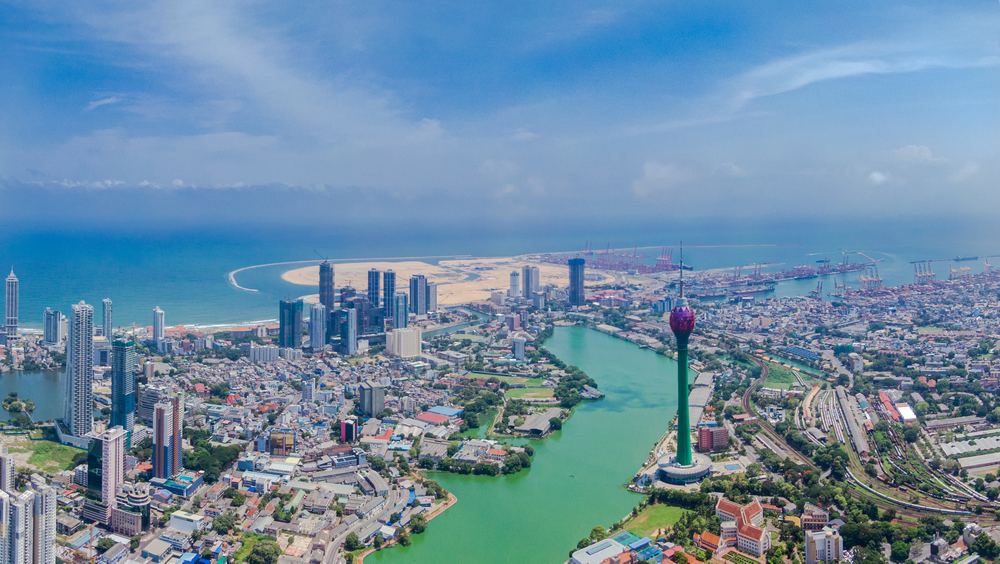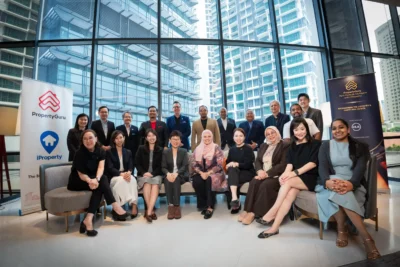China’s influence in Sri Lanka following Rajapaksas’ return
Beijing-invested projects have picked up with the family’s political comeback
According to The Wall Street Journal, China is confident to begin developing a USD13 billion city on Sri Lanka’s ports with its deepened ties with Beijing, as the nation is situated near some of the world’s prime shipping passages.
Port City, planned to be developed on 660 acres of land retrieved from the sea near Colombo’s city centre, has been delayed under a previous government. As the family of Mahinda Rajapaksa has returned to power, ties with China have strengthened once more.
The completion of Port City would become an important representation of the power of Beijing’s Belt and Road Initiative, which aims to broaden Chinese influence through its financial and construction strength across Asia and beyond.
Sri Lanka is striving to rebuild following a detrimental civil war and economic contraction from events like the COVID-19 pandemic.
Palitha Kohona, Sri Lanka’s ambassador-designate to China, said, “the one entity that came to our assistance hastily was China.”
According to the Central Bank of Sri Lanka, 43 percent of loans for major projects came from China in 2019, and around 10 percent of the country’s overall foreign debt is owed to China.
For this round of projects, including Port City, the Rajapaksas are seeking equity investments.
The US has urged for touch economic rebuilds in Sri Lanka, in hopes to attract further American private-sector investment.
Ajith Nivard Cabraal, state minister of money, capital markets, and state enterprise reforms, said, “we would welcome investment from the United States, but that doesn’t mean we exclude anyone else who is keen to invest.”
Cabraal added that Sri Lanka is negotiating a USD700 million loan from China, including a USD1.5 billion currency swap facility. In early 2020, China loaned USD500 million and provided a USD90 million grant.
More: Chinese investments spike in the Philippines despite pandemic
The government plans to introduce new regulations in parliament to make special laws for Port City, which will allow smooth transactions and tax breaks to stimulate investment and commerce from the project.
Port City will have offices, apartment blocks, and a marina, on a 99-year lease for China to manage the new city. The area is foreseen as a financial service and technology hub, unlike China’s industrial zones in other countries.
Recommended
6 reasons Bekasi is rising as Greater Jakarta’s next hotspot
One of Greater Jakarta’s rising stars is prospering, thanks to ample recreation and a contingent of desirable housing projects
6 developments driving Asia’s green real estate shift
Developers are being incentivised to push a green agenda into daring new realms
The Philippines’ LIMA Estate drives sustainable industrial growth
LIMA Estate models a citywide vision that uplifts workers while appealing to climate-conscious employers
Malaysia property market rebounds with foreign interest and growth
The nation’s property market is stirring to life, fuelled by foreign buyers and major infrastructure drives








